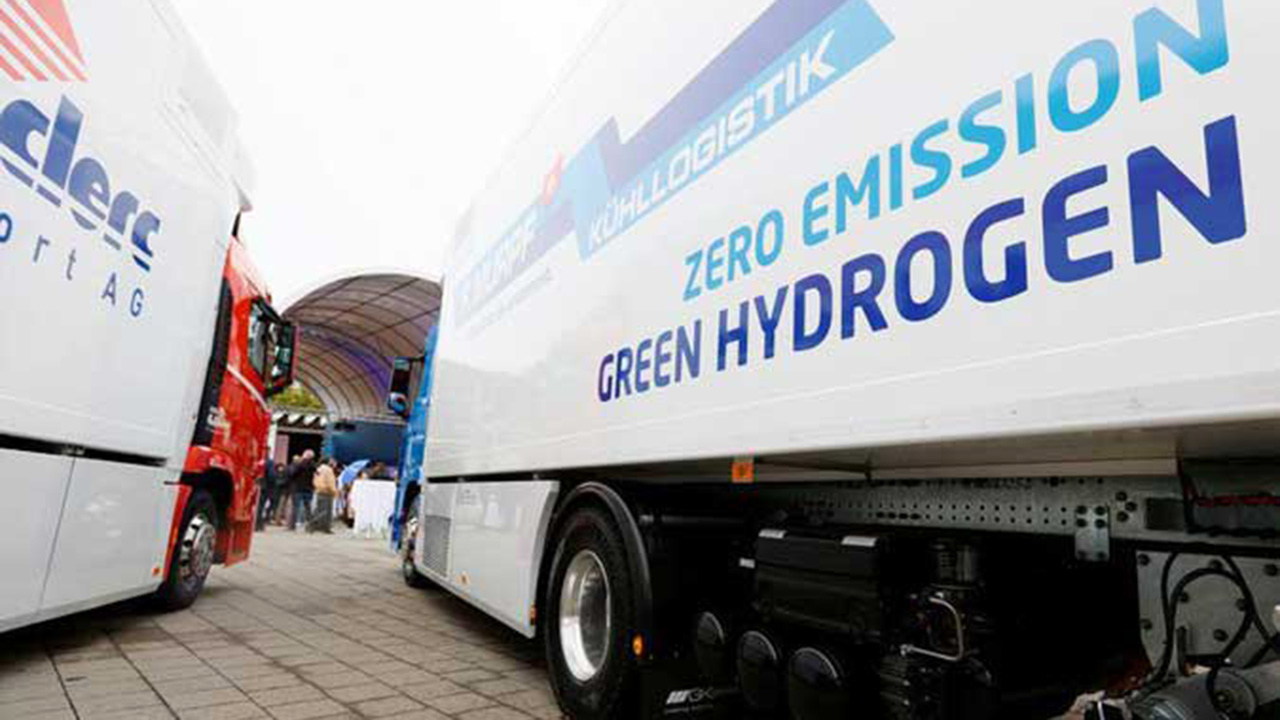
THE Department of Energy (DoE) said its guidelines for the hydrogen industry have identified energy storage and transportation as key focus areas for the development of the resource.
“The DoE recognizes the role of hydrogen in the energy transition as an innovation capable of meeting future energy demand with various applications in the power, transportation, commercial, and industrial sectors,” the DoE said in a circular dated Jan. 12.
The circular covers all activities related to the establishment, construction, operation, maintenance, decommissioning, and disposal of projects or facilities using hydrogen resources.
Under the guidelines, the DoE said that “prospective uses of hydrogen in the energy sector shall be divided into power generation and electricity storage applications and non-power applications.”
“Power generation and electricity storage shall include use of electricity produced from hydrogen energy supplied to the grid or as backup and off grid power supply, industrial scale energy storage, co-firing with hydrogen derivatives in existing fossil fuel power plants, and hydrogen and its derivatives multigeneration systems,” the DoE said.
The DoE also organized the Hydrogen Energy Industry Committee (HEIC) to oversee the implementation of the circular.
HEIC is tasked to develop and implement the roadmap for the hydrogen energy industry.
It is also directed to study the needed infrastructure for hydrogen energy adoption, as well as collaborate with local and international organizations on research and development related to industrializing hydrogen energy.
Patrick T. Aquino, director of the DoE Energy Utilization Management Bureau, has said in public consultations for the draft circular that hydrogen is being deployed in transport, power generation, or industrial use in Japan, China, South Korea, the US, and Germany.
“As part of our forthcoming Philippine Energy Plan, we have seen the potential, the role of alternative fuels like hydrogen. That’s why we are indicating and preparing (where) hydrogen can play an integral role or an important role in our energy sector or even as part of our energy transition,” Mr. Aquino said.
Asked to comment, Bienvenido S. Oplas, Jr., president of Minimal Government Thinkers, said that hydrogen as an energy source is “still very immature” and can be “costly and risky.”
“So we should not hurry going there, let the industrialized, technology-advanced countries start it first on a large scale before the Philippines and other developing countries adopt it,” he said in a Viber message.
Compared to hydrogen, Mr. Oplas said there are “very mature sources” such as nuclear, coal, natural gas, oil plants, and hydro power.
“Humanity has been using these for many years, their risks have been mapped and prepared for/anticipated.” — Sheldeen Joy Talavera



